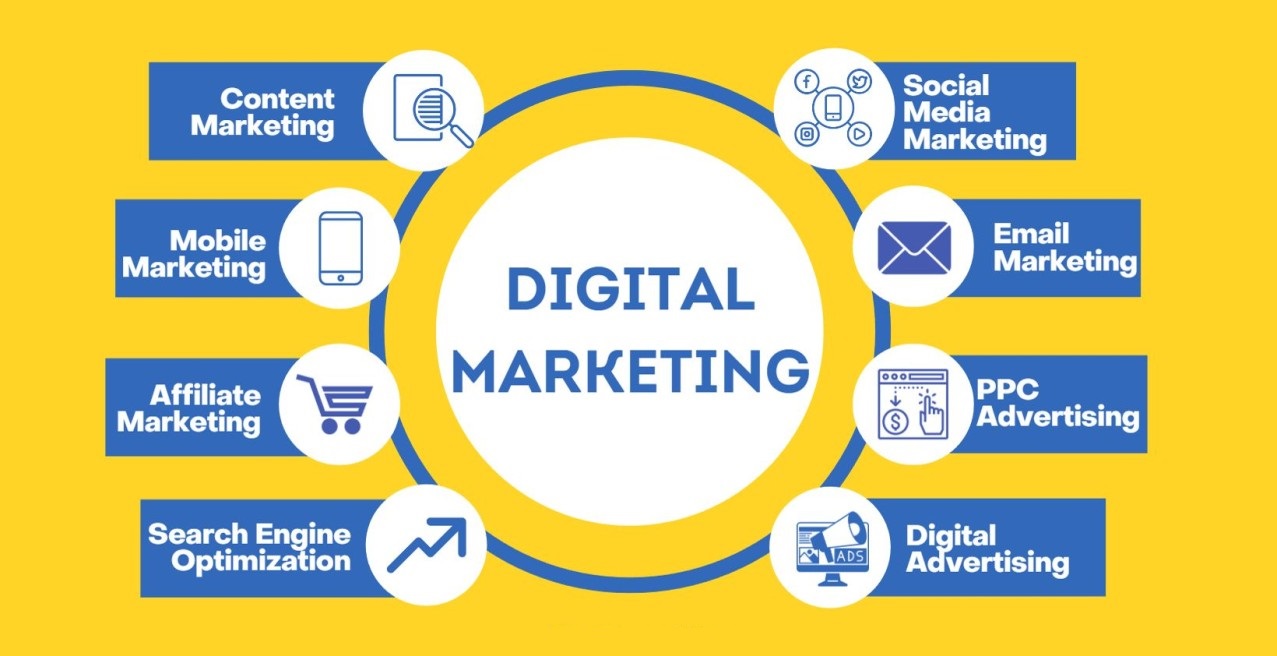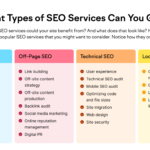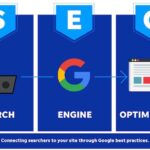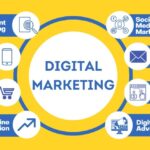What is digital marketing?
Digital marketing, also known as online marketing, encompasses all marketing efforts that leverage digital channels to connect with and promote products or services to potential and existing customers. It’s essentially the online counterpart to traditional marketing strategies like print ads and billboards.
Details of what Digital Marketing
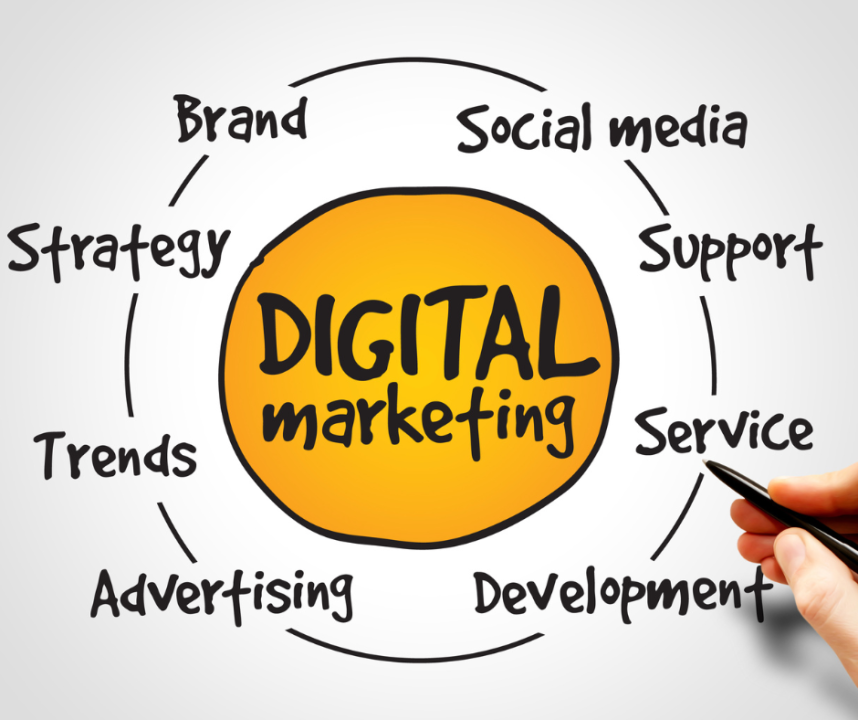
Most Important Channels for Digital Marketing
Websites: Your company website acts as your online hub, showcasing your brand, products, and services.
Search engines: Techniques like SEO (search engine optimization) help your website rank higher in search results for relevant keywords, increasing organic traffic.
Social media: Platforms like Facebook, Instagram, and Twitter allow you to connect with your audience, share content, and build brand awareness.
Email marketing: Sending targeted emails to customers and leads keeps them informed about your products, promotions, and news.
Mobile marketing: Reaching customers through their smartphones and tablets using various methods like SMS marketing, mobile apps, and responsive website design.
Content marketing: Creating and sharing valuable and informative content (like blog posts, infographics, and videos) attracts and engages your target audience.
Pay-per-click (PPC) advertising: Running targeted ads on search engines and other websites, where you pay only when someone clicks on your ad.
Benefits of Digital Marketing
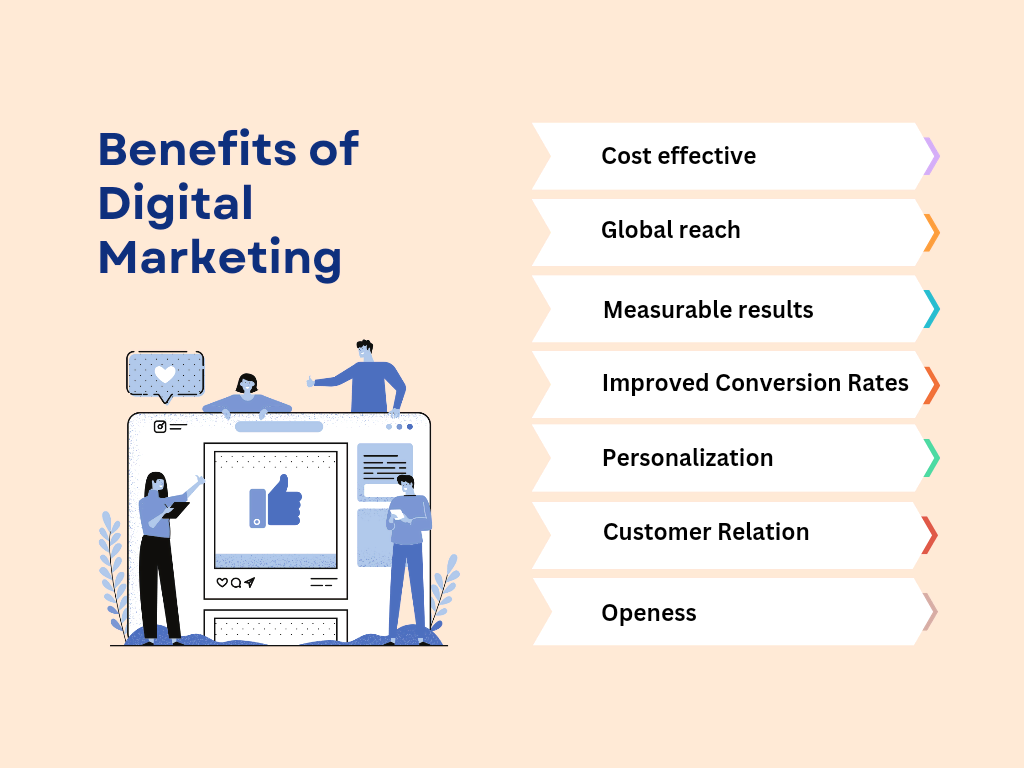
Reach a wider audience: Digital marketing allows you to connect with potential customers around the world, regardless of location.
Targeted marketing: You can tailor your messages and campaigns to specific demographics and interests, increasing their effectiveness.
Measurable results: Most digital marketing channels provide data and analytics so you can track the performance of your campaigns and make adjustments as needed.
Cost-effective: Compared to traditional marketing, digital marketing can be more cost-effective, especially for small businesses.
What is the effectiveness of digital marketing?
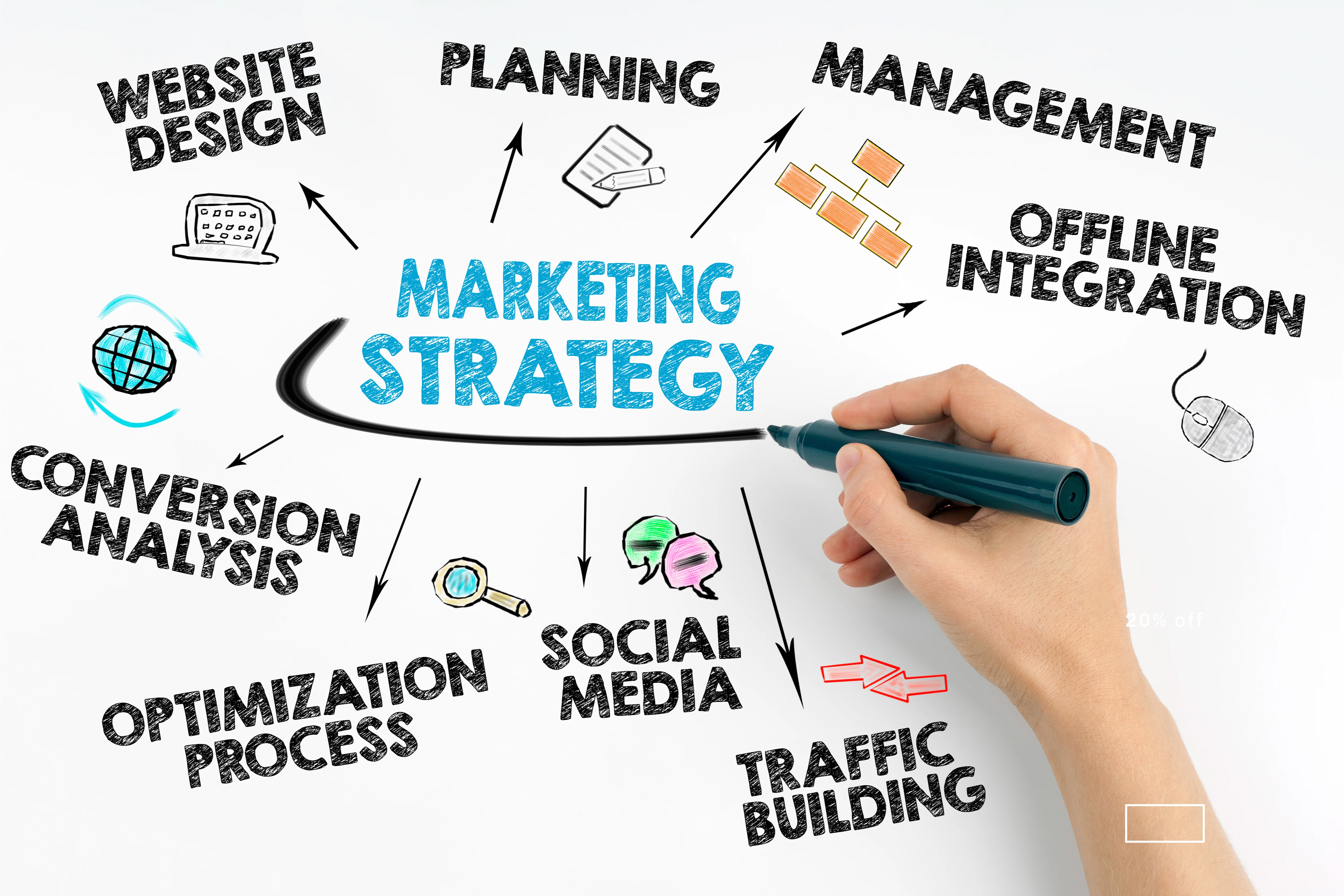
Determining the effectiveness of digital marketing on your website requires analyzing specific data and metrics relevant to your goals. However, here are some general indicators suggesting digital marketing’s positive impact:
Increased website traffic: This is a foundational metric indicating whether your marketing efforts are driving people to your website. Tools like Google Analytics can show you traffic sources (organic search, social media, paid ads) and visitor trends over time.
Improved search engine ranking: If your website ranks higher in search results for relevant keywords, it implies your SEO efforts are successful, potentially leading to more organic traffic. Tools like Google Search Console can track your keyword ranking and provide insights to further optimize your website.
Enhanced brand awareness: Analyze how your brand mentions, social media engagement, and website referrals are evolving. This can indicate if your marketing efforts are raising awareness and building brand recognition.
Higher conversion rates: Conversions can be website purchases, sign-ups, form submissions, or any action you define as valuable. If your conversion rates are increasing, it suggests your website and marketing efforts are effectively guiding visitors towards taking desired actions.
Improved lead generation: Analyze the quality and quantity of leads generated through your website forms, calls to action, or social media interactions. Increased and qualified leads indicate that your marketing attracts the right audience and converts them into potential customers.
Positive return on investment (ROI): Ultimately, a successful digital marketing strategy should demonstrate a positive ROI. Calculate the cost of your marketing efforts and compare it to the revenue generated or the value of leads acquired. This helps assess if your digital marketing strategies are financially sustainable and delivering results.
Remember: Measuring the effectiveness of digital marketing is an ongoing process. It’s essential to regularly analyze data, identify trends, and refine your strategies based on insights. Additionally, consider the specific goals you set for your website and tailor your evaluation process accordingly.

